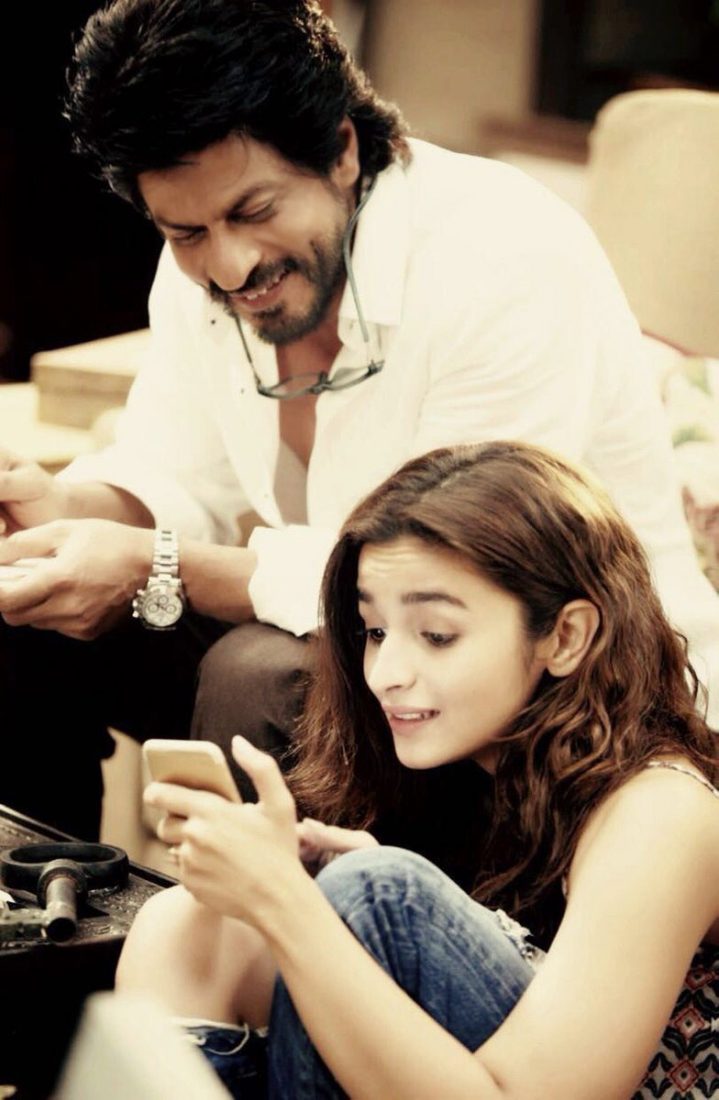
My main problem with the movie is how they have presented a glamourised version of therapy and missed out on the value of professional boundaries which is the foundation of a therapeutic relationship.

The act of eating a chilli to numb her feelings of pain when she hears about Kunal Kapoor’s engagement symbolically represents her self-destructive behaviour, aimed at shifting the emotional pain to a physical sensation which also induces tears. In the scene, where she breaks a bottle in a store, strong metaphors indicate how her hurt is camouflaged by this overt act of aggression. It’s a very realistic depiction of how in today’s times, people engage in a pattern of avoidance, escape and displacing feelings. As a therapist, I hear so many clients tell me that they type out messages, emails to the person who hurt them but don’t send them or in a moment of vulnerability reach out to an ex who seems an easy escape to deal with the overwhelming feelings of hurt, anxiety at being abandoned. She is constantly in a space where she doesn't allow herself to feel any emotion deeply, her passive-aggressive behaviour, avoidance, disassociating hurt/ sadness are expressed with so much clarity.

The sensitivity about homosexuality, openness to talk about it and unconditional support that friends offer creates an enabling context.Īlia’s depiction of Kaira who struggles with mixed emotions when it comes to intimate relationships is portrayed beautifully. To introduce this idea, that therapy is a part of our emotional selfcare and we may need it to accept our own self is very powerfully communicated. This moment is so endearing, because so many people choose to be in therapy because it helps them love themselves first and embrace their choices. When Alia asks her friend, “Do you go to therapy so that you can tell everyone that you are gay?” He tells her, “I go for therapy, so that I can tell myself I’m gay”.

We need more people to talk about therapy as a part of normal day-to-day conversations, without shame and embarrassment about seeking help. His response? “Aren’t all of us crazy?” I think sanity is overrated and every one at different stages needs therapy to find their own self.

The movie begins on a brilliant note when one of Kaira’s (Alia Bhatt) friends mentions that he has to meet his DD (Dimaag ka Doctor), and his friends laugh about it and ask if he needs therapy because he’s “mad”. However, the depiction of the therapist and the relationship with the client sadly defeated the powerful message, leaving moments where all you can hear is preachy messages being doled out by the therapist. As a practising therapist, the very idea that Dear Zindagi deals with emotional wellness and the process of therapy, is heart-warming and a positive step in acknowledging the value of mental health.


 0 kommentar(er)
0 kommentar(er)
